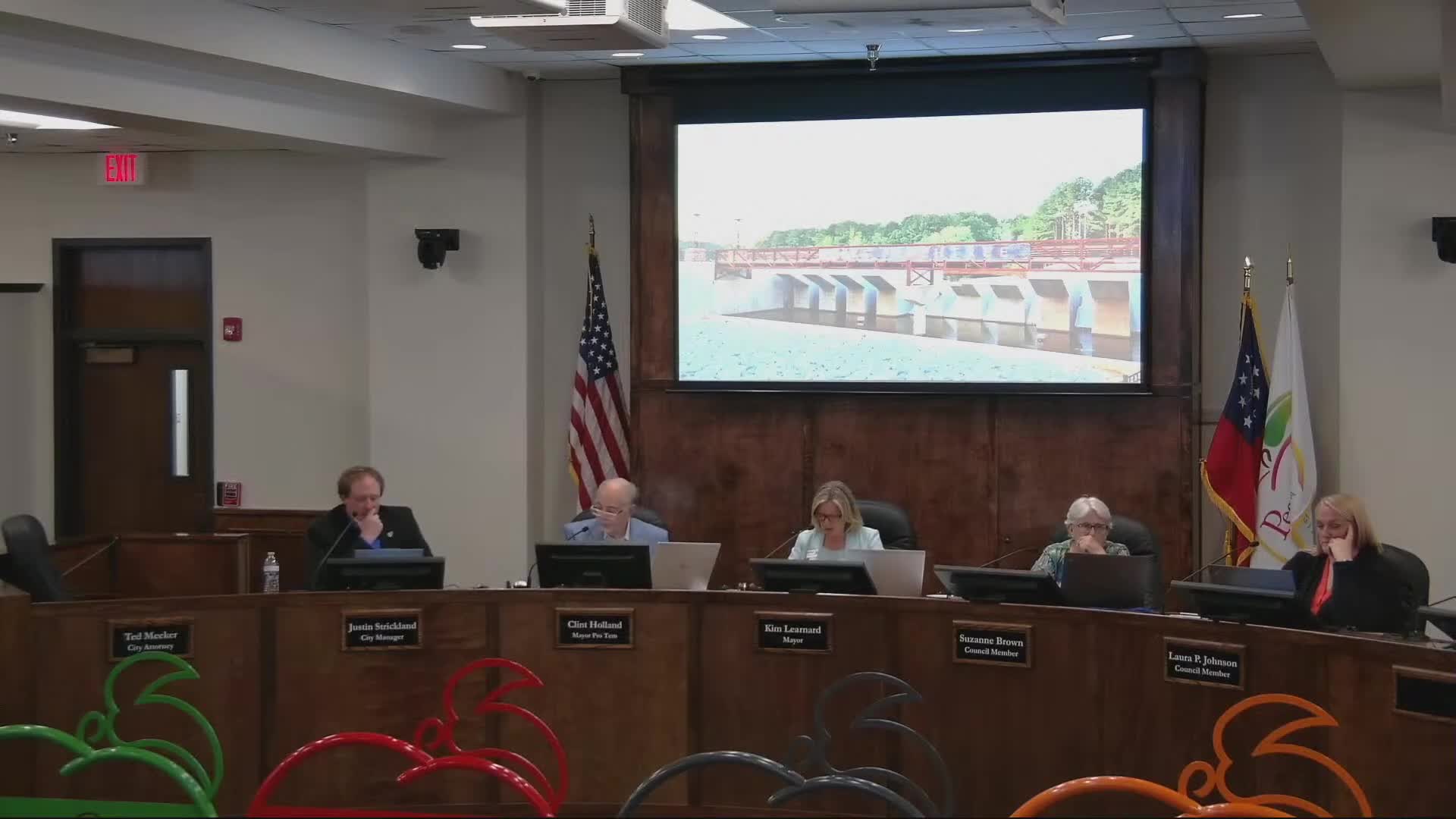Article not found
This article is no longer available. But don't worry—we've gathered other articles that discuss the same topic.
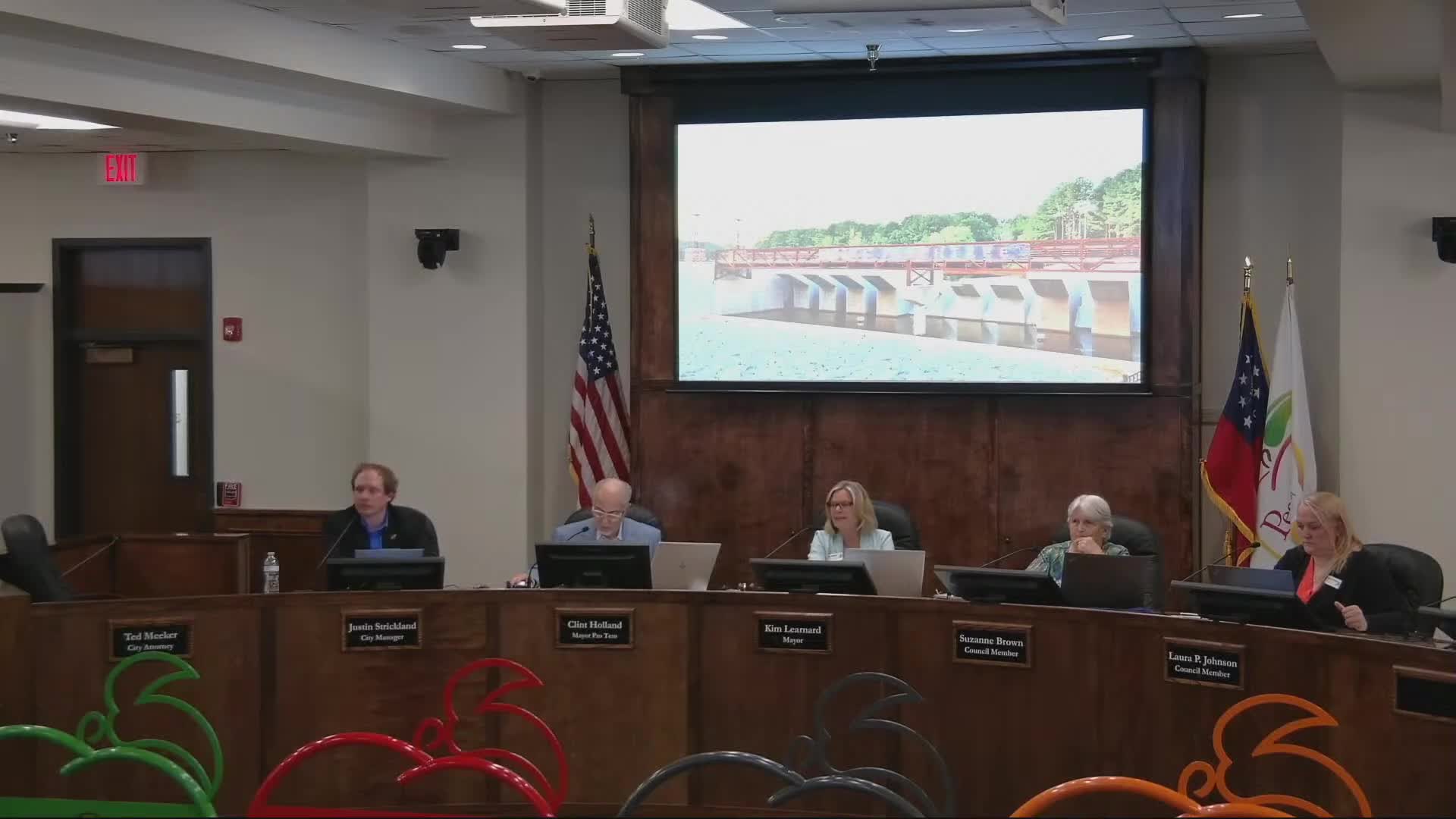
Peachtree City staff to bring burn‑ban ordinance after review shows majority of permits on small lots
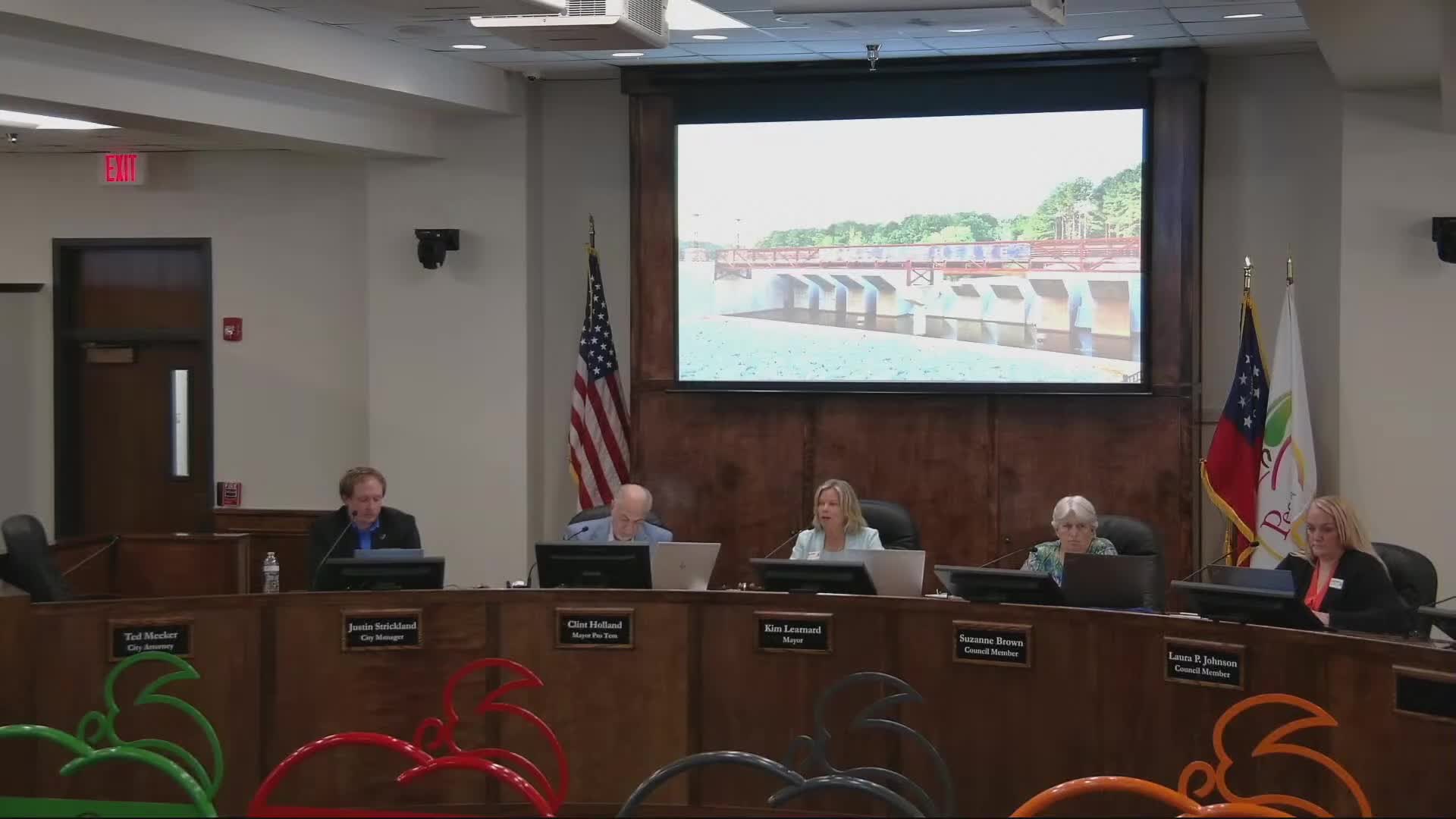
Peachtree City, county to jointly design Huddleston Road path and sewer under SPLOST program
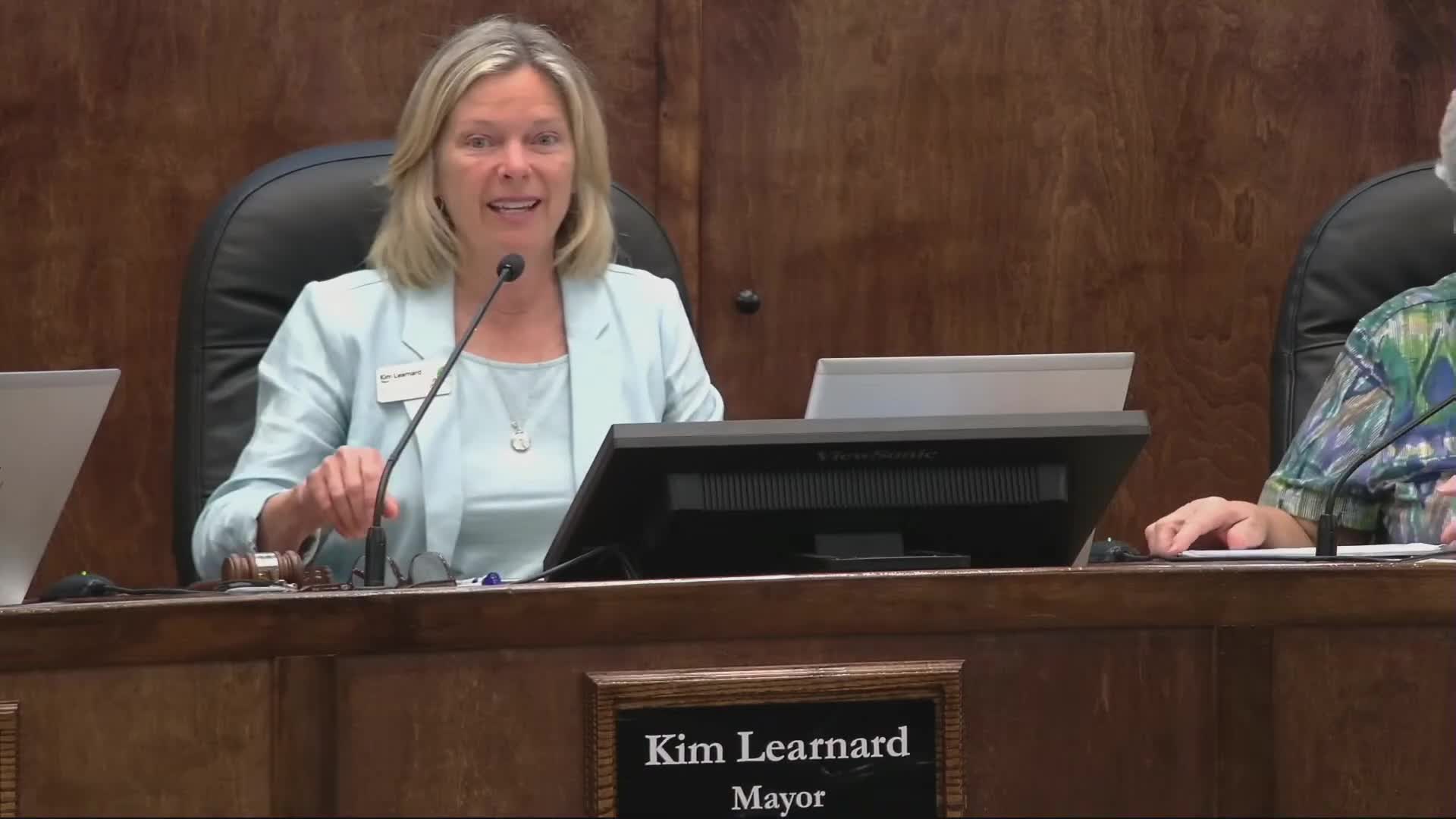
Peachtree City staff push to adopt Safe Streets action plan ahead of FHWA grant deadline
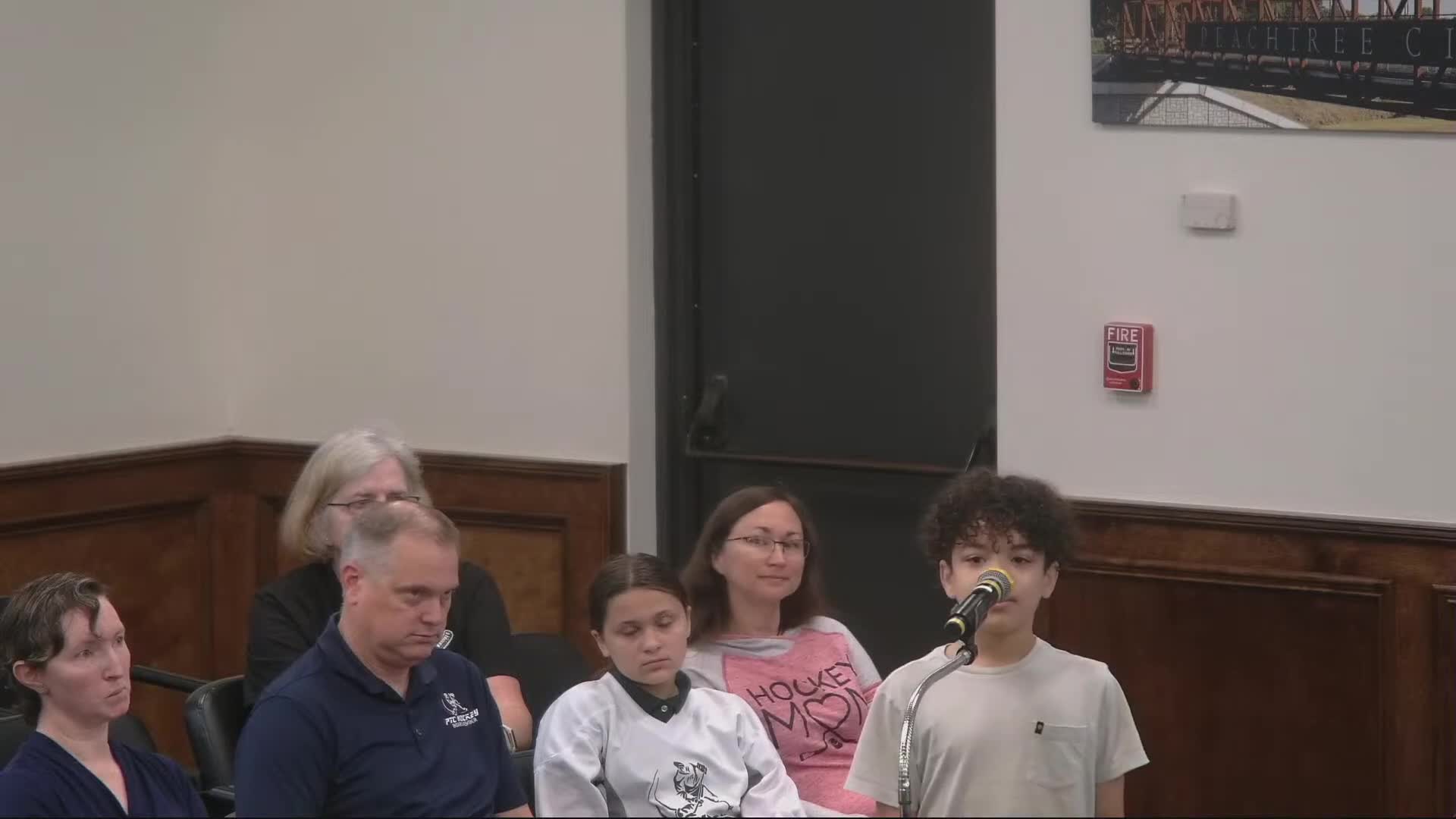
Peachtree City Council agrees not to appoint replacement for Post 4 before November election
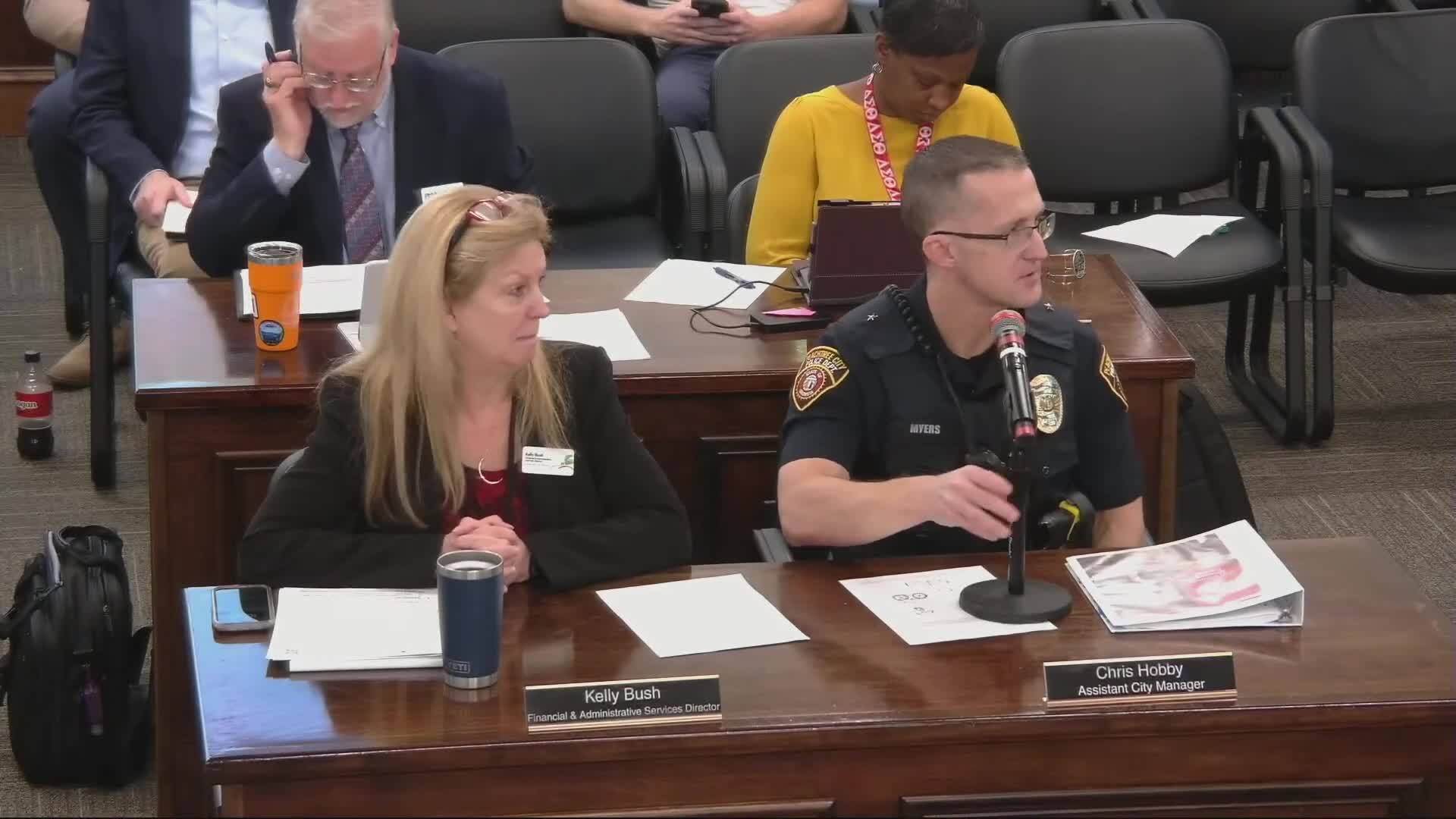
Peachtree City hockey families press council to enclose Kedron rink for year‑round play
